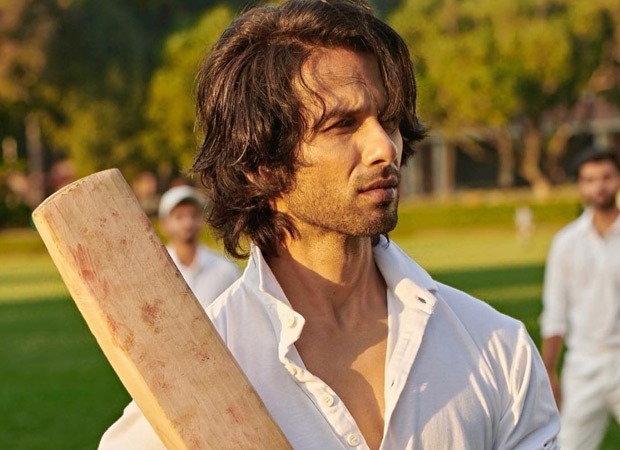Prime Minister Anthony Albanese has finally confirmed when Aussies will head to the polls for The Voice referendum.
At the Yes23 campaign launch in Adelaide yesterday (August 30), Australia’s leader declared October 14 will be the day for the vote.
In front of hundreds of Indigenous leaders at the Playford Civic Centre, Albanese said: “You’re being asked to vote for an idea.
“To say Yes to an idea whose time has come.
“To say Yes to an invitation that comes directly from Aboriginal and Torres Strait Islander people themselves.”

We now have a month and a half of an election-style campaign where people on both sides of the referendum will speak out about why you should vote yes or no.
It’s the first referendum since 1999 when Australians were asked whether they wanted to leave the British monarchy and become a republic.
The Prime Minister said this will likely be the last time First Nations people will be able to get a chance at constitutional recognition.
“Voting No closes the door on this opportunity to move forward,” he said.
“Don’t close the door on constitutional recognition. Don’t close the door on listening to communities to get better results.
“Don’t close the door on an idea that came from Aboriginal and Torres Strait Islander people themselves.
“And don’t close the door on the next generation of Indigenous Australians.”
But if you’re wondering what all this is about, let us explain.

A Voice to parliament is a proposed representative body of Aboriginal and Torres Strait Islander people to be preserved in the constitution.
This would allow a selection of Australia’s First Nations people to act as advisors to parliament on policies and projects that impact their lives.
The government would not be forced to follow the Voice’s advice or consult it before making decisions.
If the vote passes, the proposed change to the Constitution is as follows:
- There shall be a body, to be called the Aboriginal and Torres Strait Islander Voice;
- The Aboriginal and Torres Strait Islander Voice may make representations to the parliament and the executive government of the Commonwealth on matters relating to Aboriginal and Torres Strait Islander peoples;
- The parliament shall, subject to this Constitution, have power to make laws with respect to matters relating to the Aboriginal and Torres Strait Islander Voice, including its composition, functions, powers and procedures.
The Voice to Parliament was proposed in the Uluru Statement from the Heart back in 2017 by delegates to the First Nations National Constitutional Convention.
“We seek constitutional reforms to empower our people and take a rightful place in our own country. When we have power over our destiny our children will flourish. They will walk in two worlds and their culture will be a gift to their country,” the Statement reads.
“We call for the establishment of a First Nations Voice enshrined in the Constitution.”
The referendum has to achieve a double majority vote for it to be successful.
That means a majority of voters in a majority of states – at least four of the six states – must vote in favour.
A national majority of voters would also need to vote in favour, so there is an overall majority for ‘yes’.
Note: This article have been indexed to our site. We do not claim legitimacy, ownership or copyright of any of the content above. To see the article at original source Click Here













